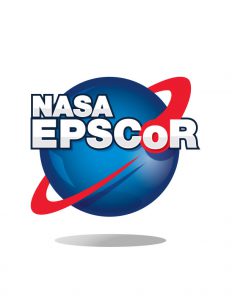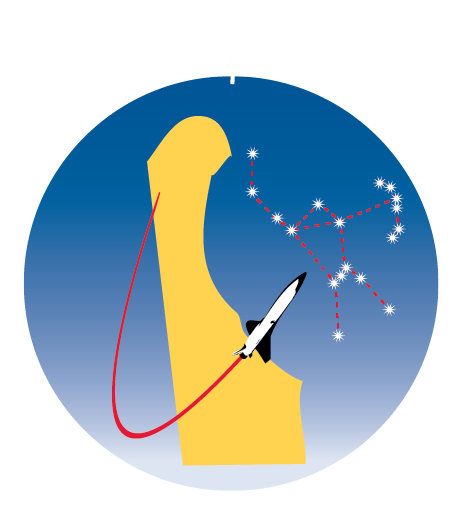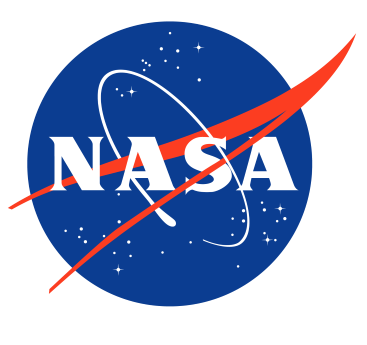The Established Program to Stimulate Competitive Research, or EPSCoR, establishes partnerships with government, higher education, and industry that are designed to effect lasting improvements in a state’s or region’s research infrastructure, R&D capacity and hence, its national R&D competitiveness.
The goal of Delaware’s NASA EPSCoR program is to provide seed funding to develop academic research enterprises directed toward long-term, nationally-competitive capabilities in areas of science and technology related to NASA’s broad interests, including space, aeronautics, astrophysics, and engineering. These capabilities are also meant to contribute to Delaware’s economic viability.

-
NASA EPSCoR Stimuli Publication
NASA EPSCoR Stimuli is a summary collection of college and university basic research and technology development reports impacting NASA’s earth science, aviation, and human and robotic deep space exploration programs. This document addresses research which is relevant to NASA’s mission, and currently administered by the agency’s Established Program to Stimulate Competitive Research.
-
2024-2025 Delaware NASA EPSCoR RID Seed Grant Program Awards
Congratulations to the 2024-2025 NASA EPSCoR Seed Grant awardees! Each researcher received a seed award in the amount of $21,000 in direct funds for their projects:
Yin Bao, UD Plant and Soil Sciences
Improving Machine Vision Systems for Monitoring Ecosystem Phenology
Stephanie Cone, UD Biomedical Engineering
Development of Novel in Situ Analysis Approaches for Rodent Musculoskeletal Models
Qi Mu, UD Plant and Soil Sciences
Optimizing a Growth Chamber System for Maize Environmental and Space-Based Research
Francesco Pecora, UD Physics and Astronomy
Measuring the Turbulent Energy Cascade Rate of the Earth’s Magnetosheath with a Novel Multispacecraft Approach -
2023 NASA EPSCoR CAN Research Award
Congratulations to Assistant Professor Xi Wang (Science PI) from UD’s Materials Science Department and Associate Professor Vishal Saxena (Co-I) from UD’s Electrical and Computer Engineering Department on the submission of a successful proposal in NASA’s national competition! The proposal, “Multifunctional Zero-standby Power Sensing and Reconfigurable Photonic Integrated Circuits”, was selected by NASA for an award of $750,000.
-
NASA EPSCoR CAN ISS Flight Award
Congratulations to University of Delaware Assistant Professor Tyler Van Buren (Mechanical Engineering) on his awarded proposal “Turbulence decay of a bubble/sediment laden liquid in ISS microgravity”! Selected by NASA for 2022 funding, Dr. Van Buren’s research will ultimately fly on the International Space Station.
-
2020 NASA EPSCoR CAN Research Award
Congratulations to University of Delaware’s Mary A. S. Lighthipe Professor Xiao-Hai Yan and Unidel Edward G. Jefferson Chair Professor Cathy H. Wu on the submission of a successful proposal in NASA’s national competition! The proposal, “NASA EPSCoR Research Project: Building a Competitive and Sustainable Delaware Remote Sensing Big Data Center for Cutting-Edge Coastal and Environmental Change Research and Workforce Development”, was selected by NASA for 2020 funding. Drs. Yan and Wu will work with a team of UD co-investigators, including Daniel Leathers, Tracy DeLiberty, Rodrigo Vargas, Pinki Mondal, and A. R. Siders, in collaboration with several regional, state, and federal partners.

